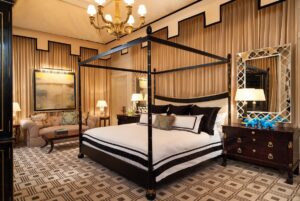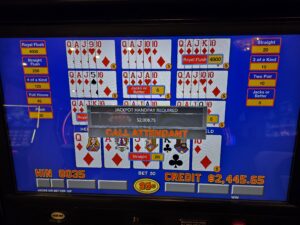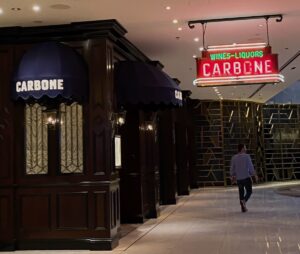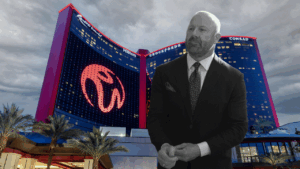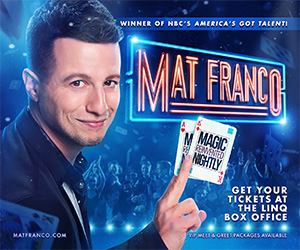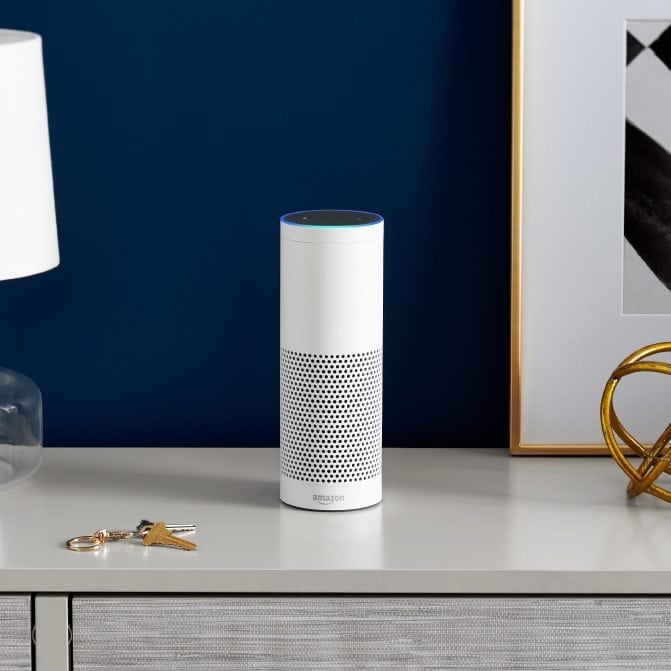
I was excited when I learned that the Wynn Hotel in Las Vegas was hosting an aviation conference I attended in August after it announced in December that it was going to install Echo, Amazon’s hands-free voice-controlled speaker, into all 4,748 of its rooms.
“As we have moved through the years, technology has always played an important part in our resorts,” said Steve Wynn, Chairman and CEO of Wynn Resorts in the press release on the announcement. “The thing that Amazon has done with Alexa is quite perfect. If I have ever seen anything in my 49 years of developing resorts that has made our job of delivering a perfect experience to our guests easier and help us get to another level, it is Alexa.”
https://www.youtube.com/watch?v=7QM7izjVqug
The plan was to have Wynn Las Vegas become the first resort in the world to use the Amazon Echo to handle tasks including lighting, room temperature, draperies, the television and the audio-visual components in their room. The press release said that the Echo would be installed in all rooms by summer 2017 calling it a “digital butler.”
Related: At Wynn Las Vegas, Your Room Has Ears – Amazon Echo
The story was picked up by tech and general media publications after the announcement, then just faded. So when I learned I was staying at Wynn, I dropped an email to the hotel’s PR team asking about the status of the installation. After not hearing back, I sent two more emails.
The third time was the charm. I received the following terse statement from public relations specialist Aleksandra Koryzno: “While we greatly appreciate your interest, unfortunately, we cannot accommodate your request for an interview.”
For those unfamiliar with the Amazon Echo, it’s a smart speaker where users can ask Alexa (the voice of the Echo) to do a series of tasks, including play music (I use mine for my Pandora stations), make calls, send and receive messages, get the latest news and weather, create grocery lists (I use my Cozi app), check on flights (United Airlines has its own dedicated task on the Echo) and play games (I play ‘Jeopardy’ every weekday).
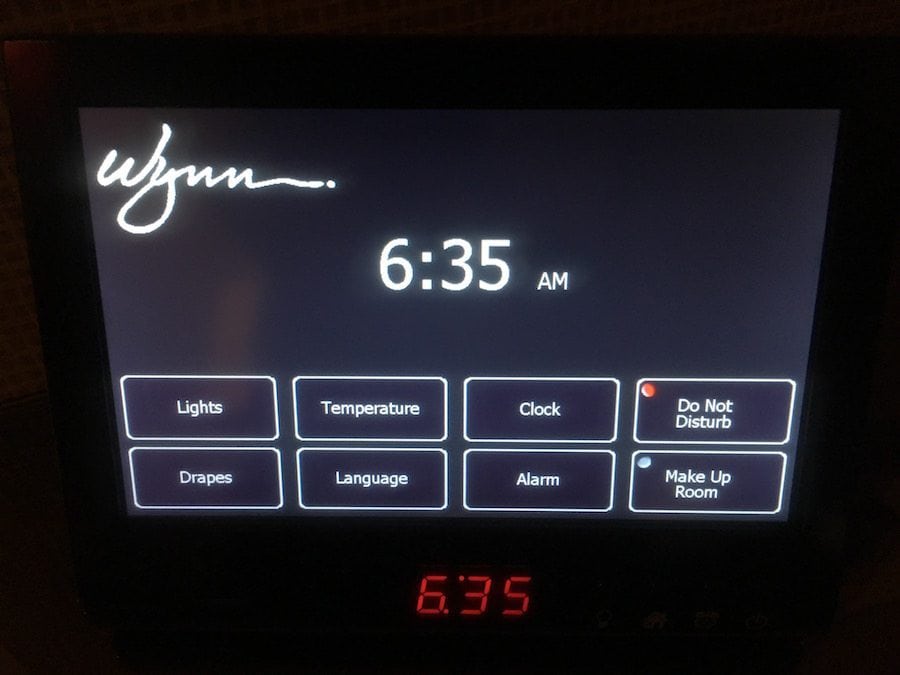
There wasn’t an Echo in my room when I checked in. I also asked more than a dozen convention attendees and none of them had an Echo in their rooms. But there was an electronic box that allowed guest to control the lights, the drapes, room temperature, the clock and an alarm, along with Do Not Disturb and Make Up Room buttons.
What Happened?
So what happened? Since Wynn isn’t answering, I chatted with a few of my tech friends and came up with my own thoughts on what might have happened.
The good news is that Echo does a lot of tasks. And the bad news is that Echo does a lot of tasks. Check out this C/NET list of commands you can ask Alexa to do.
Beyond the listed functions, the press release noted that “as the project evolves, future features such as personal assistant functions will be introduced.”
There’s the problem. If you have your own Echo at home, you wouldn’t be able to program the one in the hotel tied to your account. And guests won’t take the time to set up the Echo to their preferences just for a short stay. I think hotel officials realized that it would be a huge task to even allow guests to do this, considering the room turnover at the resort.
One of the more controversial aspects of the Echo is that unless it’s unplugged, it is always listening and recording your voice commands. How would the hotel handle that? Would it be possible to wipe the history of the guest using the Echo? Would new hotel guests be able to listen to the commands of past guests? This is a serious privacy issue.
Wynn Hotels has always been hyperfocused on the customer experience. I suspect that they may not have fully thought out the pluses and minuses of using the Echo as a digital butler. Guests — especially those who own Echos at home — could get upset if they can’t replicate that experience in their Wynn hotel room.
Here’s hoping that the Wynn team is just taking a step back to see how they can offer their customers the best experience with the Echo, but also ensure that their data is protected.
Benét J. Wilson is the founder and editor-in-chief of Aviation Queen LLC, an aviation/travel writing, multimedia and consulting business. She is also the Air Travel Expert for About.com and Senior Business Editor of Airport Business magazine. She has been a trade journalist for more than 20 years, and also spent five years in senior corporate communications positions at Delta Air Lines, Mesa Air Group, Rolls-Royce North America and the Regional Airline Association.



